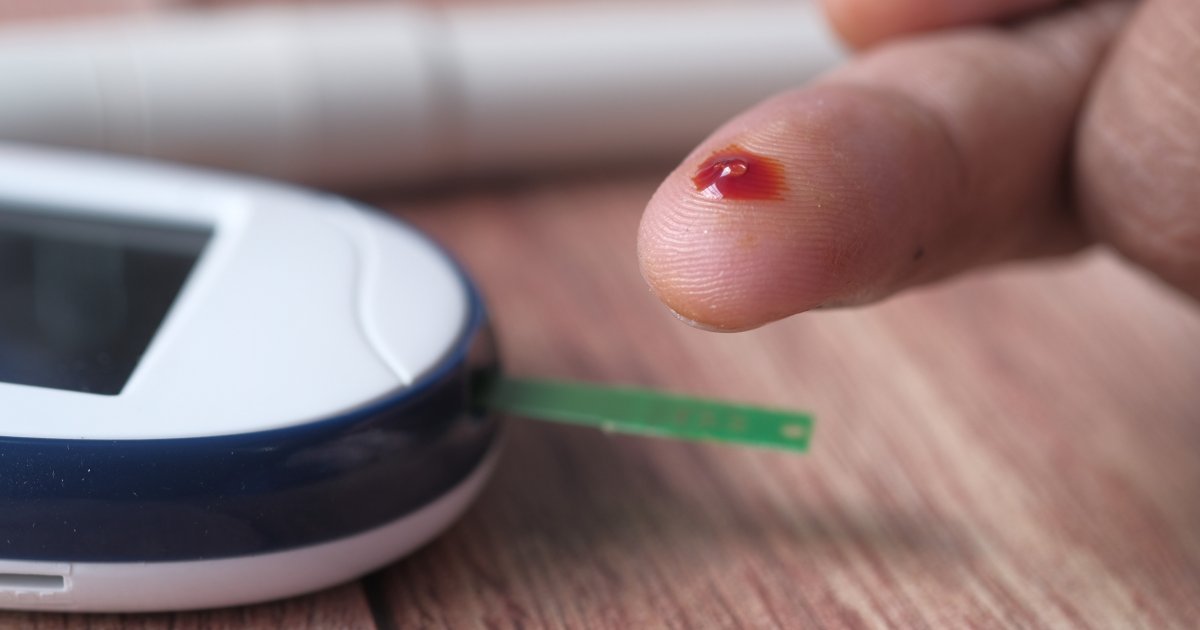Heart failure means that the heart cannot pump blood efficiently to meet the body's needs. It is not that the heart "stops", but that its function is weakened and can cause fatigue, shortness of breath and fluid retention. Detecting it early and following a management plan reduces hospitalizations and improves quality of life in patients with heart disease. Puerto Vallarta and everywhere.
Why does heart failure occur?
The most common causes are uncontrolled hypertension, coronary artery disease or previous infarction, valve disease, cardiomyopathies, arrhythmias y diabetes. Over time, these conditions cause the heart muscle to weaken or stiffen.
If you already have risk factors, reinforce the prevention with a cardioprotective nutrition y safe physical activityand schedule your cardiological check-ups.
Warning signs and symptoms
- Lack of air on exertion or at bedtime.
- Swelling on ankles, legs or abdomen.
- Rapid weight gain (≥2 kg in 3-5 days) due to fluid retention.
- Fatigue and lower exercise tolerance.
- Nocturnal cough or whistles.
- Rapid or irregular heartbeat.
If there is chest pain, fainting or severe shortness of breath at rest, go to a emergencies immediately.
How it is diagnosed
- Clinical history and physical examination.
- Electrocardiogram (ECG) for rhythm and previous damage.
- Echocardiogram to measure ejection fraction and valve function.
- Biomarkers (BNP/NT-proBNP) to assess overload.
- Chest X-ray (pulmonary congestion).
- Stress test or perfusion studies when ischemia is suspected.
Classification and objectives
| Stage/Class | Description | Main objective |
|---|---|---|
| Risk (A/B) | Factors or structural damage without symptoms | Prevent progression (control of BP, lipids, glucose, weight) |
| Symptomatic (C) | Current or previous symptoms | Symptom control and reduction of readmissions |
| Advanced (D) | Resting symptoms/frequent hospitalizations | Specialized management and advanced therapies |
Treatment: current pillars
- Evidence-guided medications (according to your assessment):
IECA/ARA-II/ARNI, beta-blockers, mineralocorticoid antagonists, iSGLT2, diuretics for liquid control. - Devices in selected cases: cardiac resynchronization, implantable defibrillator.
- Treatment of causes (revascularization, valve management, arrhythmia control).
- Cardiac rehabilitation and patient education.
If you present hypertension o high cholesterolcheck out our guides to hypertension y cholesterol.
Daily self-care (what makes the difference)
- Weigh yourself daily upon awakening; report rapid increases to your cardiologist.
- Fluid and sodium plan: limit salt and ultra-processed foods; follow your individual guideline.
- Safe physical activity: walk 20-30 min most days; avoid sudden exertion.
- Adherence to treatment: do not suspend or adjust doses on your own.
- Vaccination (influenza/pneumococcus) if your doctor orders it.
- Symptom and medication diary for your inquiries.
Daily life in Puerto Vallarta
The warm weather is conducive to walking outdoors, swimming in swimming pools and low-impact exercise. Avoid peak heat hours, hydrate according to medical indications and prioritize local markets to choose fruits, vegetables and fruits and vegetables. fish rich in omega-3.
When to see a doctor?
- Lack of air that worsens or appears at rest.
- Swelling that go to despite the diuretic.
- Sudden weight gain.
- Chest pain, fainting or persistent palpitations.
📅 Schedule your cardiology consultation in Puerto Vallarta and receive a personalized plan to manage your heart failure.
Appointment Form
References
- American Heart Association (AHA) - "What is heart failure?" (brochure in Spanish, 2025).
https://www.heart.org/-/media/files/health-topics/answers-by-heart/answers-by-heart-spanish/what-is-heartfailure_span.pdf - AHA - Symptom Self-Check Plan (Spanish).
https://www.heart.org/-/media/files/health-topics/heart-failure/hf-symptoms-self-check-plan-spanish.pdf - European Society of Cardiology (ESC) - Guideline 2021 for the diagnosis and treatment of heart failure.
Guide page: https://www.escardio.org/Guidelines/Clinical-Practice-Guidelines/Acute-and-Chronic-Heart-Failure
PubMed: https://pubmed.ncbi.nlm.nih.gov/34447992/ - CENETEC (Mexico) - Clinical practice guideline "Diagnosis and treatment of acute heart failure" (Master Catalogue).
https://www.cenetec-difusion.com/CMGPC/GPC-SS-219-24/ER.pdf - Mexican Guidelines on Heart Failure (consensus 2024) - open access (PMC).
https://pmc.ncbi.nlm.nih.gov/articles/PMC11160508/ - MedlinePlus (NIH) - Heart failure (patient resource in Spanish).
https://medlineplus.gov/spanish/heartfailure.html
Legal note: This content is educational and does not replace medical consultation. In case of alarm symptoms, go to an emergency department.



